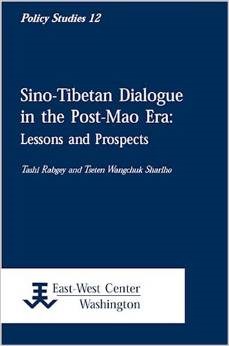Description
This study examines the dialogue process in the Sino-Tibetan dispute from the early years of the post-Mao era to the present. It considers the latest round of discussions between Beijing and the Dalai Lama in light of the failures of the early initiatives as well as the current conditions for dialogue. In its reappraisal of the early failures, the study contends that even when Beijing appeared most inclined to enter into talks, the gap between the two sides was too wide for meaningful engagement. The study then traces the relationship between the PRC and the exiled Tibetan leadership from the early engagement of the 1980s through the protracted stalemate of the 1990s, Jiang Zemin’s abortive exploratory talks of 1997-98, and on to the breakthrough of 2001, when direct contacts between Beijing and Dharamsala were re-established. The study contends that conditions for Sino-Tibetan talks have improved over time. But while factors such as the emergence of domestic critics of China’s Tibet policy suggest a momentum toward engagement, developments such as the institutional restructuring of Beijing’s management of Tibetan affairs signal potential obstacles to serious dialogue. The authors argue that while both sides can benefit from the current process of talking about talks, they will nonetheless find it difficult to overcome their differences on the substantive issues of autonomy and unification.






Reviews
There are no reviews yet.